에드몬드옵틱스는 개인정보 보호를 중요하게 생각합니다
에드몬드옵틱스는 당사 웹사이트의 기능과 콘텐츠를 최적화하고 개선하기 위해 쿠키를 사용합니다.‘OK’ 버튼을 클릭하면 전체 쿠키 정책에 동의하게 되며,‘세부 정보 표시’ 버튼을 클릭하면 더 자세한 정보를 확인할 수 있습니다.당사는 수집된 쿠키를 통해 제공되는 정보를 판매하지 않으며 해당 정보는 사용자 경험을 개선하는 용도로만 사용됩니다.
| 이름 | 제공 업체 | 목적 | 최대 보관 기간 | 유형 |
|---|---|---|---|---|
| __lc_cid | LiveChat | 웹사이트의 채팅 박스 기능을 목적으로 필요로 함. | 400 일 | HTTP 쿠키 |
| __lc_cst | LiveChat | 웹사이트의 채팅 박스 기능을 목적으로 필요로 함. | 400 일 | HTTP 쿠키 |
| #:state | Livechat | Necessary for the functionality of the website's chat-box function. | 영구 | HTML 로컬 스토리지 |
| __cf_bm [x2] | edmundoptics.com eogo.edmundoptics.com | This cookie is used to distinguish between humans and bots. This is beneficial for the website, in order to make valid reports on the use of their website. | 1 일 | HTTP 쿠키 |
| BIGipServer# | eogo.edmundoptics.com | Used to distribute traffic to the website on several servers in order to optimise response times. | 세션 | HTTP 쿠키 |
| rc::a | This cookie is used to distinguish between humans and bots. This is beneficial for the website, in order to make valid reports on the use of their website. | 영구 | HTML 로컬 스토리지 | |
| rc::c | This cookie is used to distinguish between humans and bots. | 세션 | HTML 로컬 스토리지 | |
| li_gc | Stores the user's cookie consent state for the current domain | 180 일 | HTTP 쿠키 | |
| AWSALB [x2] | sealserver.trustwave.com www.edmundoptics.co.kr | Registers which server-cluster is serving the visitor. This is used in context with load balancing, in order to optimize user experience. | 7 일 | HTTP 쿠키 |
| AWSALBCORS [x2] | sealserver.trustwave.com www.edmundoptics.co.kr | Registers which server-cluster is serving the visitor. This is used in context with load balancing, in order to optimize user experience. | 7 일 | HTTP 쿠키 |
| jsV | service.mtcaptcha.com | These cookies are used to secure the website from unwanted bots and automated scripts and help verify human users. | 세션 | HTTP 쿠키 |
| mtv1ConfSum | service.mtcaptcha.com | https://www.mtcaptcha.com/faq-cookie-declaration | 세션 | HTTP 쿠키 |
| mtv1Pulse | service.mtcaptcha.com | https://www.mtcaptcha.com/faq-cookie-declaration | 세션 | HTTP 쿠키 |
| .AspNetCore.Antiforgery.# | www.edmundoptics.co.kr | Helps prevent Cross-Site Request Forgery (CSRF) attacks. | 세션 | HTTP 쿠키 |
| .AspNetCore.Mvc.CookieTempDataProvider | www.edmundoptics.co.kr | Preserves the visitor's session state across page requests. | 세션 | HTTP 쿠키 |
| CookieConsent | Cookiebot | Stores the user's cookie consent state for the current domain | 1 년 | HTTP 쿠키 |
| UMB_SESSION | www.edmundoptics.co.kr | Stores domain prefix to determine whether it holds https or http URL properties. | 세션 | HTTP 쿠키 |
| 이름 | 제공 업체 | 목적 | 최대 보관 기간 | 유형 |
|---|---|---|---|---|
| __oauth_redirect_detector | LiveChat | Allows the website to recoqnise the visitor, in order to optimize the chat-box functionality. | 1 일 | HTTP 쿠키 |
| @@lc_auth_token:3b0f44ba-5eb5-4bb1-a9e1-2214776a186b | Livechat | 미결 | 영구 | HTML 로컬 스토리지 |
| @@lc_ids | Livechat | Identifies the visitor across devices and visits, in order to optimize the chat-box function on the website. | 영구 | HTML 로컬 스토리지 |
| 이름 | 제공 업체 | 목적 | 최대 보관 기간 | 유형 |
|---|---|---|---|---|
| _livechat_has_visited | Livechat | Identifies the visitor across devices and visits, in order to optimize the chat-box function on the website. | 영구 | HTML 로컬 스토리지 |
| _ga [x2] | Registers a unique ID that is used to generate statistical data on how the visitor uses the website. | 25 월 | HTTP 쿠키 | |
| _ga_# [x3] | Used by Google Analytics to collect data on the number of times a user has visited the website as well as dates for the first and most recent visit. | 25 월 | HTTP 쿠키 | |
| _conv_r | Convert Insight | This cookie is used as a referral-cookie that stores the visitor’s profile – the cookie is overwritten when the visitor re-enters the website and new information on the visitor is collected and stored. | 세션 | HTTP 쿠키 |
| _conv_s | Convert Insight | This cookie contains an ID string on the current session. This contains non-personal information on what subpages the visitor enters – this information is used to optimize the visitor's experience. | 1 일 | HTTP 쿠키 |
| _conv_sptest | Convert Insight | This cookie contains an ID string on the current session. This contains non-personal information on what subpages the visitor enters – this information is used to optimize the visitor's experience. | 세션 | HTTP 쿠키 |
| _conv_v | Convert Insight | This cookie is used to identify the frequency of visits and how long the visitor is on the website. The cookie is also used to determine how many and which subpages the visitor visits on a website – this information can be used by the website to optimize the domain and its subpages. | 6 월 | HTTP 쿠키 |
| 이름 | 제공 업체 | 목적 | 최대 보관 기간 | 유형 |
|---|---|---|---|---|
| conv_rand | Convert Insight | This cookie is used by the website’s operator in context with multi-variate testing. This is a tool used to combine or change content on the website. This allows the website to find the best variation/edition of the site. | 영구 | HTML 로컬 스토리지 |
| __tld__ [x2] | Wisepops | Used to track visitors on multiple websites, in order to present relevant advertisement based on the visitor's preferences. | 세션 | HTTP 쿠키 |
| _fbp [x2] | Meta Platforms, Inc. | Used by Facebook to deliver a series of advertisement products such as real time bidding from third party advertisers. | 3 월 | HTTP 쿠키 |
| _gcl_au [x2] | Used by Google AdSense for experimenting with advertisement efficiency across websites using their services. | 3 월 | HTTP 쿠키 | |
| lastExternalReferrer | Meta Platforms, Inc. | Detects how the user reached the website by registering their last URL-address. | 영구 | HTML 로컬 스토리지 |
| lastExternalReferrerTime | Meta Platforms, Inc. | Detects how the user reached the website by registering their last URL-address. | 영구 | HTML 로컬 스토리지 |
| IDE | 광고의 유효성을 측정하기 위한 목적으로 광고주의 광고 중 하나를 보거나 클릭한 후 웹사이트 사용자의 행동을 등록 및 보고하고 사용자에게 표적 광고를 제시하기 위해 Google DoubleClick에 사용됨. | 400 일 | HTTP 쿠키 | |
| pagead/landing [x2] | Collects data on visitor behaviour from multiple websites, in order to present more relevant advertisement - This also allows the website to limit the number of times that they are shown the same advertisement. | 세션 | 픽셀 트래커 | |
| test_cookie | 사용자의 브라우저가 쿠키를 지원하는지 여부를 확인하는 데 사용됨. | 1 일 | HTTP 쿠키 | |
| _mkto_trk | Marketo | 방문자의 행동과 웹사이트 상호 작용에 관한 데이터를 포함함. 이는 웹사이트가 이메일을 통해 방문자를 추적할 수 있도록 하는 이메일 마케팅 서비스인 Marketo.com과 관련하여 사용됩니다. | 2 년 | HTTP 쿠키 |
| wisepops [x2] | Wisepops | 웹사이트의 팝업 광고 컨텐츠 문구에 사용됩니다. 쿠키는 동일한 동일한 광고를 의도한 것 이상으로 홍보하지 않도록 보장할 뿐만 아니라 방문자에게 어떠한 광보를 보여줘야 할지를 결정합니다. | 세션 | HTTP 쿠키 |
| wisepops_props [x2] | Wisepops | 웹사이트의 팝업 광고 컨텐츠 문구에 사용됩니다. 쿠키는 동일한 동일한 광고를 의도한 것 이상으로 홍보하지 않도록 보장할 뿐만 아니라 방문자에게 어떠한 광보를 보여줘야 할지를 결정합니다. | 세션 | HTTP 쿠키 |
| wisepops_session [x2] | Wisepops | 웹사이트의 팝업 광고 컨텐츠 문구에 사용됩니다. 쿠키는 동일한 동일한 광고를 의도한 것 이상으로 홍보하지 않도록 보장할 뿐만 아니라 방문자에게 어떠한 광보를 보여줘야 할지를 결정합니다. | 세션 | HTTP 쿠키 |
| wisepops_visitor [x2] | Wisepops | Used in context with pop-up advertisement-content on the website. The cookie determines which ads the visitor should be shown, as well as ensuring that the same ads does not get shown more than intended. | 세션 | HTTP 쿠키 |
| wisepops_visits [x2] | Wisepops | 웹사이트의 팝업 광고 컨텐츠 문구에 사용됩니다. 쿠키는 동일한 동일한 광고를 의도한 것 이상으로 홍보하지 않도록 보장할 뿐만 아니라 방문자에게 어떠한 광보를 보여줘야 할지를 결정합니다. | 세션 | HTTP 쿠키 |
| NID | 재유입 사용자의 기기를 식별하는 고유의 ID를 등록함. 이 ID는 표적 광고를 위해 사용됩니다. | 6 월 | HTTP 쿠키 | |
| pagead/1p-user-list/# | Tracks if the user has shown interest in specific products or events across multiple websites and detects how the user navigates between sites. This is used for measurement of advertisement efforts and facilitates payment of referral-fees between websites. | 세션 | 픽셀 트래커 | |
| 1.gif | Usercentrics GmbH | Used to count the number of sessions to the website, necessary for optimizing CMP product delivery. | 세션 | 픽셀 트래커 |
| bcookie | 임베디드 서비스 사용을 추적하기 위해 소셜 네트워크 서비스인 LinkedIn에 사용됨. | 1 년 | HTTP 쿠키 | |
| lidc | 임베디드 서비스 사용을 추적하기 위해 소셜 네트워크 서비스인 LinkedIn에 사용됨. | 1 일 | HTTP 쿠키 | |
| wisepops_session_id | Wisepops | Used in context with pop-up advertisement-content on the website. The cookie determines which ads the visitor should be shown, as well as ensuring that the same ads does not get shown more than intended. | 세션 | HTML 로컬 스토리지 |
| wisepops_session_landing_url | Wisepops | Used in context with pop-up advertisement-content on the website. The cookie determines which ads the visitor should be shown, as well as ensuring that the same ads does not get shown more than intended. | 세션 | HTML 로컬 스토리지 |
| wisepops_session_referrer | Wisepops | Used in context with pop-up advertisement-content on the website. The cookie determines which ads the visitor should be shown, as well as ensuring that the same ads does not get shown more than intended. | 세션 | HTML 로컬 스토리지 |
| wisepops-pageview_id | Wisepops | Used in context with pop-up advertisement-content on the website. The cookie determines which ads the visitor should be shown, as well as ensuring that the same ads does not get shown more than intended. | 세션 | HTML 로컬 스토리지 |
| wisepops-uses-attention | Wisepops | Used in context with pop-up advertisement-content on the website. The cookie determines which ads the visitor should be shown, as well as ensuring that the same ads does not get shown more than intended. | 세션 | HTML 로컬 스토리지 |
| #-# | YouTube | Used to track user’s interaction with embedded content. | 세션 | HTML 로컬 스토리지 |
| 511422-22d53b02 | YouTube | 미결 | 세션 | HTML 로컬 스토리지 |
| da8c92-4db6ad13 | YouTube | 미결 | 세션 | HTML 로컬 스토리지 |
| iU5q-!O9@$ | YouTube | Registers a unique ID to keep statistics of what videos from YouTube the user has seen. | 세션 | HTML 로컬 스토리지 |
| LAST_RESULT_ENTRY_KEY | YouTube | Used to track user’s interaction with embedded content. | 세션 | HTTP 쿠키 |
| LogsDatabaseV2:V#||LogsRequestsStore | YouTube | Stores the user's video player preferences using embedded YouTube video | 영구 | IndexedDB |
| nextId | YouTube | Used to track user’s interaction with embedded content. | 세션 | HTTP 쿠키 |
| remote_sid | YouTube | Necessary for the implementation and functionality of YouTube video-content on the website. | 세션 | HTTP 쿠키 |
| requests | YouTube | Used to track user’s interaction with embedded content. | 세션 | HTTP 쿠키 |
| ServiceWorkerLogsDatabase#SWHealthLog | YouTube | Necessary for the implementation and functionality of YouTube video-content on the website. | 영구 | IndexedDB |
| TESTCOOKIESENABLED | YouTube | Used to track user’s interaction with embedded content. | 1 일 | HTTP 쿠키 |
| VISITOR_INFO1_LIVE | YouTube | 유튜브 비디오가 통합된 페이지 상에서 사용자의 대역폭을 추정함. | 180 일 | HTTP 쿠키 |
| YSC | YouTube | 사용자가 시청한 유튜브 동영상에 관한 통계를 보관하기 위해 고유의 ID를 등록함. | 세션 | HTTP 쿠키 |
| yt.innertube::nextId | YouTube | Registers a unique ID to keep statistics of what videos from YouTube the user has seen. | 영구 | HTML 로컬 스토리지 |
| yt.innertube::requests | YouTube | Registers a unique ID to keep statistics of what videos from YouTube the user has seen. | 영구 | HTML 로컬 스토리지 |
| ytidb::LAST_RESULT_ENTRY_KEY | YouTube | Stores the user's video player preferences using embedded YouTube video | 영구 | HTML 로컬 스토리지 |
| YtIdbMeta#databases | YouTube | Used to track user’s interaction with embedded content. | 영구 | IndexedDB |
| yt-remote-cast-available | YouTube | Stores the user's video player preferences using embedded YouTube video | 세션 | HTML 로컬 스토리지 |
| yt-remote-cast-installed | YouTube | 내장된 유튜브 비디오를 사용해 사용자의 비디오 플레이어 환경 설정을 저장함. | 세션 | HTML 로컬 스토리지 |
| yt-remote-connected-devices | YouTube | 내장된 유튜브 비디오를 사용해 사용자의 비디오 플레이어 환경 설정을 저장함. | 영구 | HTML 로컬 스토리지 |
| yt-remote-device-id | YouTube | 내장된 유튜브 비디오를 사용해 사용자의 비디오 플레이어 환경 설정을 저장함. | 영구 | HTML 로컬 스토리지 |
| yt-remote-fast-check-period | YouTube | 내장된 유튜브 비디오를 사용해 사용자의 비디오 플레이어 환경 설정을 저장함. | 세션 | HTML 로컬 스토리지 |
| yt-remote-session-app | YouTube | 내장된 유튜브 비디오를 사용해 사용자의 비디오 플레이어 환경 설정을 저장함. | 세션 | HTML 로컬 스토리지 |
| yt-remote-session-name | YouTube | 내장된 유튜브 비디오를 사용해 사용자의 비디오 플레이어 환경 설정을 저장함. | 세션 | HTML 로컬 스토리지 |
| 이 유형의 쿠키를 사용하지 않음 |
이 사이트 작업에 대해 엄격하게 할 필요한 경우, 법으로 장치에 쿠키를 저장할 수 있도록 명시합니다. 모든 기타 유형의 쿠키의 경우, 귀하의 허가가 필요합니다.
이 사이트는 다른 유형의 쿠키를 사용합니다. 일부 쿠키는 저희 페이지에 표시된 타사 업체 서비스에 의해 배치됩니다.
언제든지 웹사이트의 쿠키 선언 란에서 동의 여부를 변경하거나 철회할 수 있습니다.
어떤 회사이며 어떻게 연락해야 하는지, 개인정보보호방침에 따라 어떻게 개인 정보를 처리하는지에 대해 알아보세요. 동의 사항에 관해 문의하실 때 귀하의 동의 ID를 말씀해 주십시오.













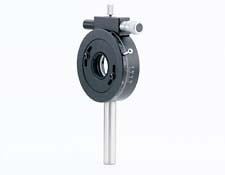
 STEP:step
STEP:step
 PDF Drawing:pdf
PDF Drawing:pdf
 IGES:igs
IGES:igs
 eDrawing:eprt
eDrawing:eprt
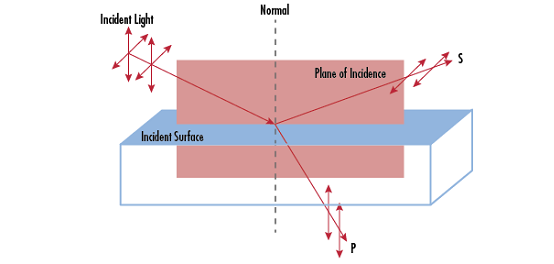
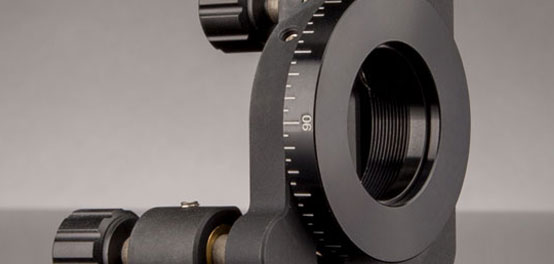
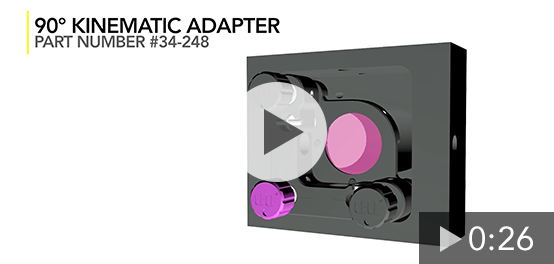
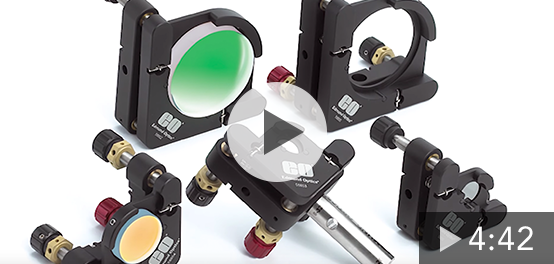

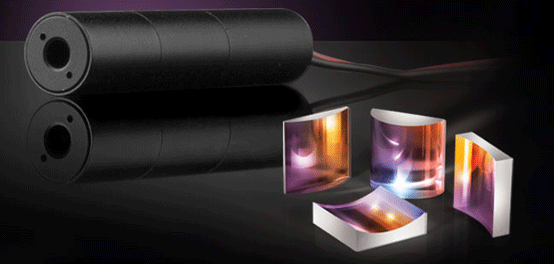

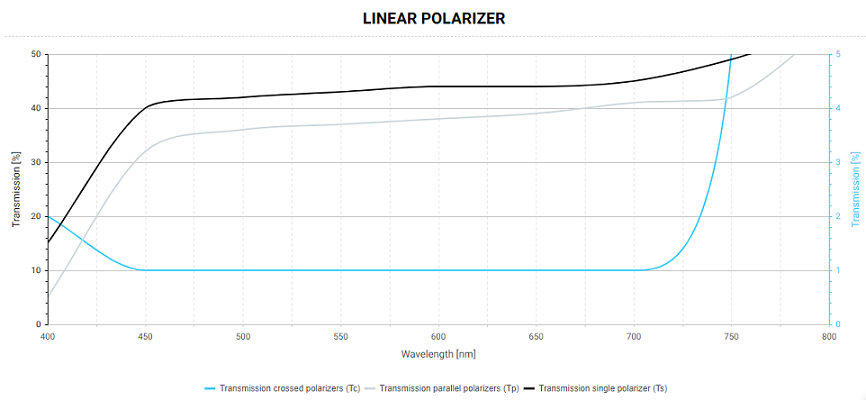

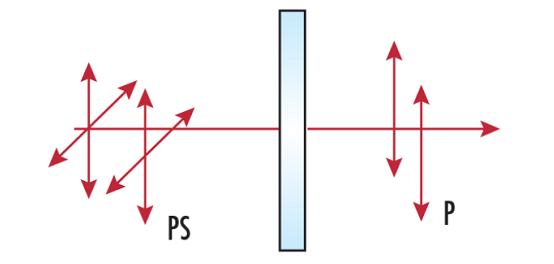
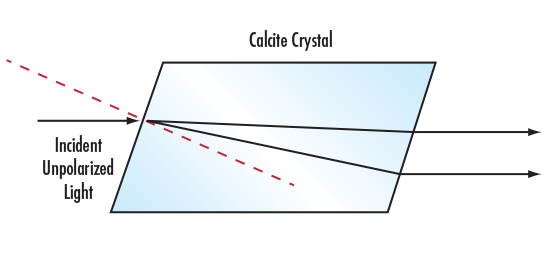

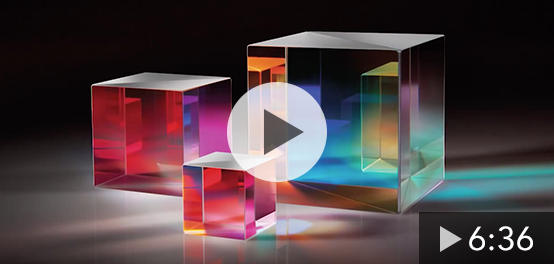
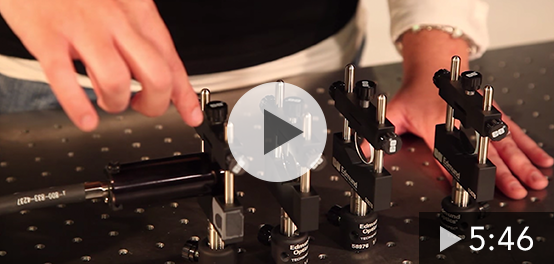
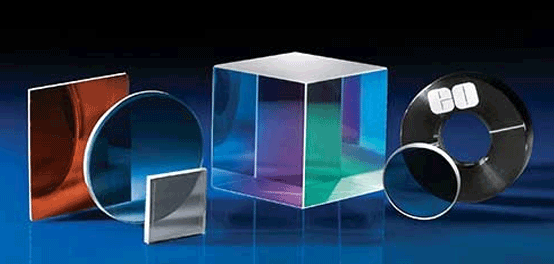
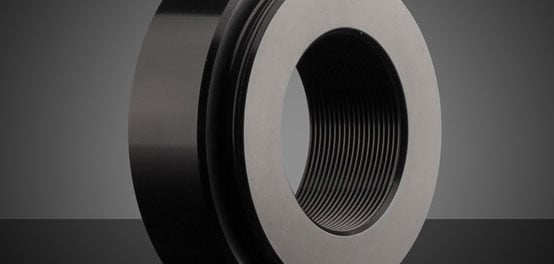
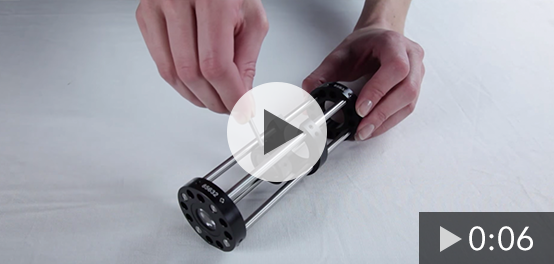
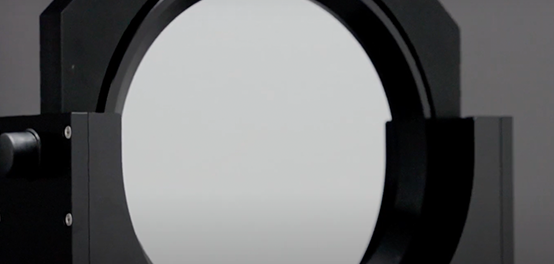
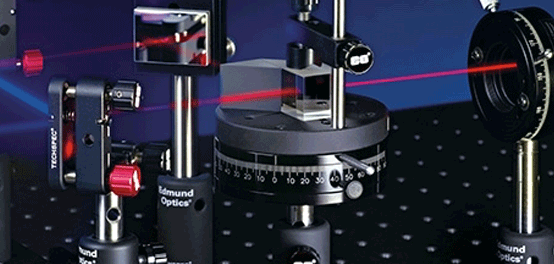
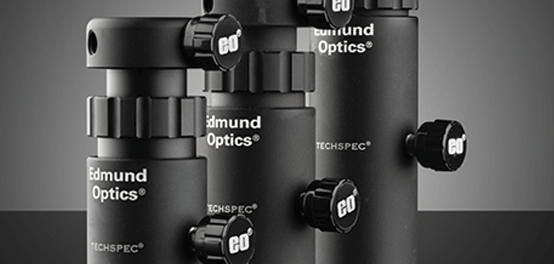
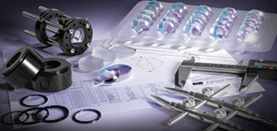
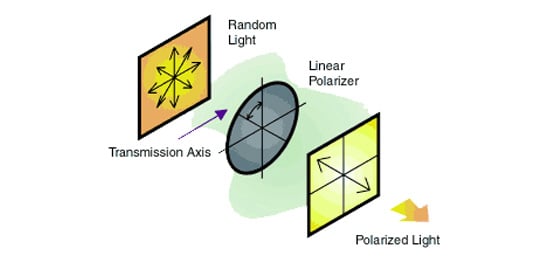
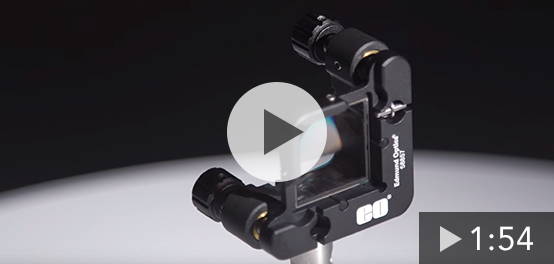
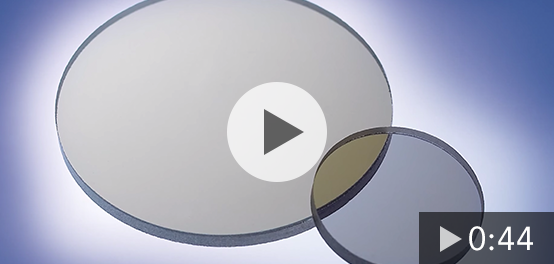

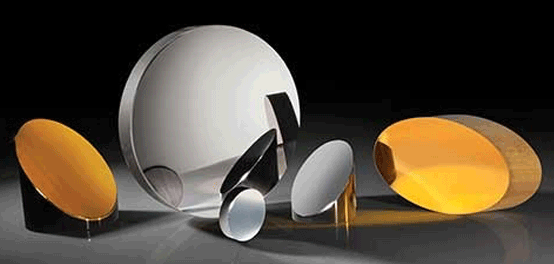
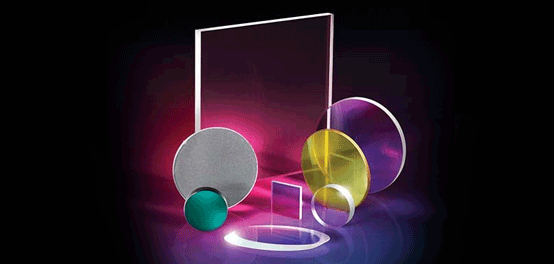
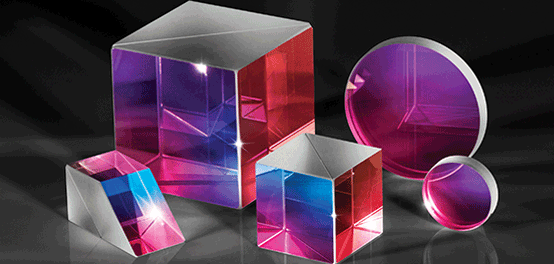

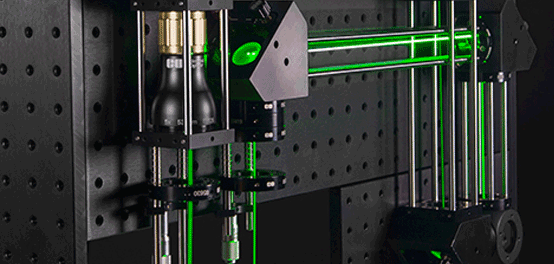
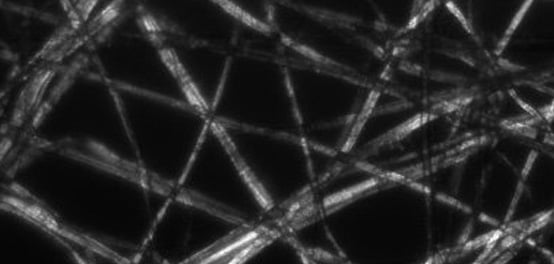
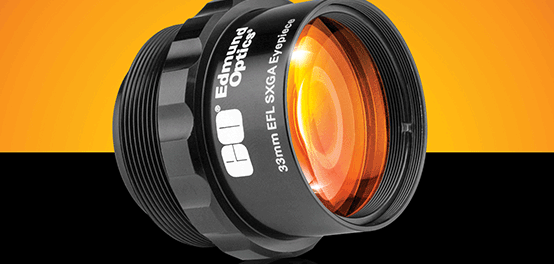
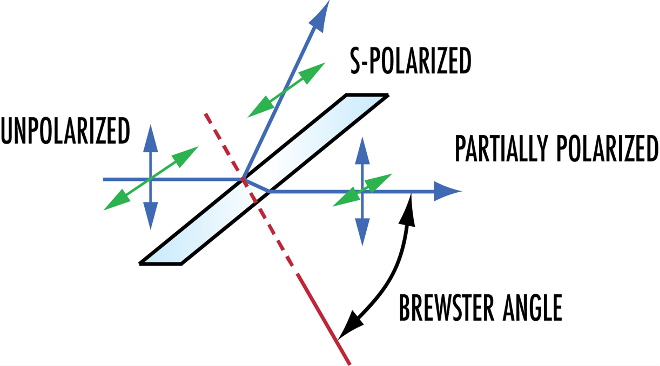
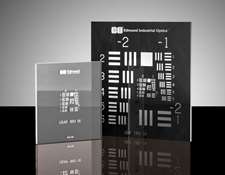
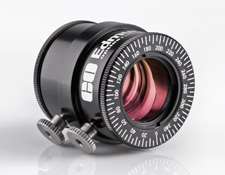
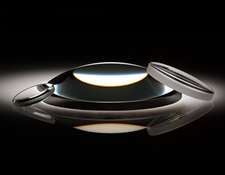

본사 및 지사별 연락처 확인하기
견적 요청 도구
재고 번호 입력 필요
Copyright 2023, 에드몬드옵틱스코리아 사업자 등록번호: 110-81-74657 | 대표이사: 앙텍하우 | 통신판매업 신고번호: 제 2022-서울마포-0965호, 서울특별시 마포구 월드컵북로 21, 7층 (서교동 풍성빌딩)